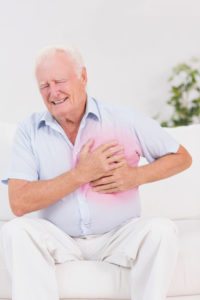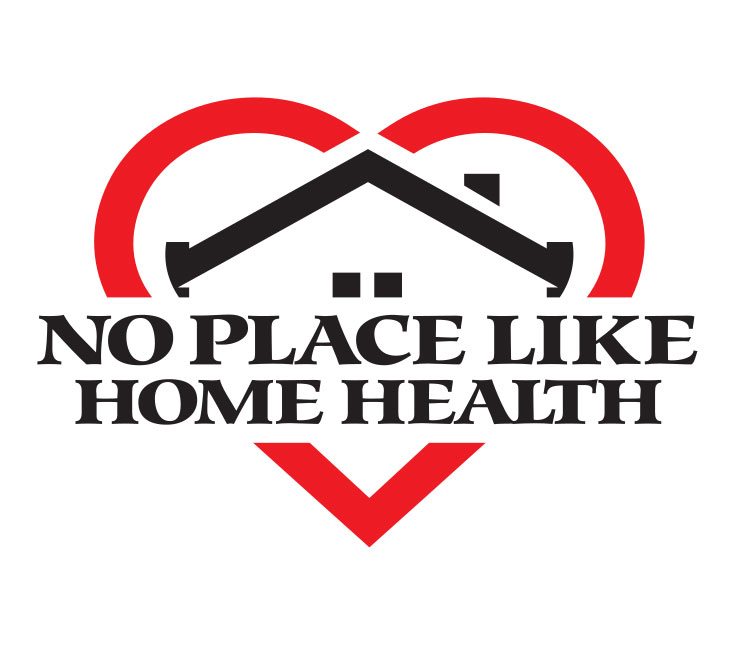What is Angina?
Angina is not a condition, it is a symptom of a bigger problem—heart disease. A person with angina experiences pain, discomfort, or pressure in the chest. It may also cause uncomfortable feelings in the arms, jaw, neck, shoulders, or back. It can also feel something like indigestion. Although angina can go away quickly, it should not be ignored.

Home Care Services in Novi MI: Senior Health – Angina Information
-Cause of Angina-
Angina happens when a part of the heart isn’t getting enough blood. The most common reason for reduced blood flow is coronary artery disease (CAD). When a person has CAD, their arteries become narrower because of plaque deposits. The reason that angina comes and goes is that during times of rest, the heart doesn’t require as much oxygen-rich blood. However, when the person is more active, the heart needs more blood and the reduced supply causes pain.
-Some other possible causes of angina include…
Pericarditis: A swelling of the sac that surrounds the heart.
Pulmonary Embolism: A major artery in the lung becomes blocked.
Hypertrophic Cardiomyopathy: A heart that is thickened or enlarged.
Aortic Dissection: A tear in the wall of the aorta.
Aortic Stenosis: A narrow valve in the main part of the heart.
-Kinds of Angina-
There are different kinds of angina, classified by when and how symptoms occur.
The types of angina are:
Stable Angina: Stable angina is the most common kind. It is usually triggered by physical activity but goes away during rest.
Unstable Angina: This kind can happen when a person is active or when they are at rest. It can cause severe pain and last for a while. The cause is usually a blood clot that forms when a plaque ruptures. If the blood flow is not restored, it can cause a heart attack.
Variant Angina: This type of angina is sometimes called Prinzmetal’s angina. It happens when a coronary artery spasms and temporarily narrows.
-What to Do if Angina Occurs-
If your parent experiences angina, they should see a doctor. Angina could be a warning that a heart attack is imminent. Once the cause has been determined and the person has been treated, the doctor will likely recommend some lifestyle changes, such as eating a healthier diet, getting some exercise, and reducing stress. An elderly care provider can help your parent to make the necessary changes. An elderly care provider can come to the home to assist with preparing heart-healthy meals and snacks. They can also monitor your parent while they exercise to ensure they remain safe.
If you are considering hiring home care services in Novi, MI, contact the caring staff at No Place Like Home Health, LLC today. Call (734) 259-4200.
Sources
http://www.heart.org/HEARTORG/Conditions/HeartAttack/DiagnosingaHeartAttack/Angina-Chest-Pain_UCM_450308_Article.jsp#.Wc5p9GhSzIU
http://www.webmd.com/heart-disease/heart-disease-angina#1
http://www.mayoclinic.org/diseases-conditions/angina/basics/symptoms/con-20031194
http://www.mayoclinic.org/diseases-conditions/angina/basics/causes/con-20031194
- How Does Physical Therapy Help Seniors with Arthritis? - March 21, 2025
- In-Home Care Can Help Your Senior Parent Get Around Safely - March 6, 2025
- Comprehensive Care Plans for Seniors Aging in Place - February 17, 2025
